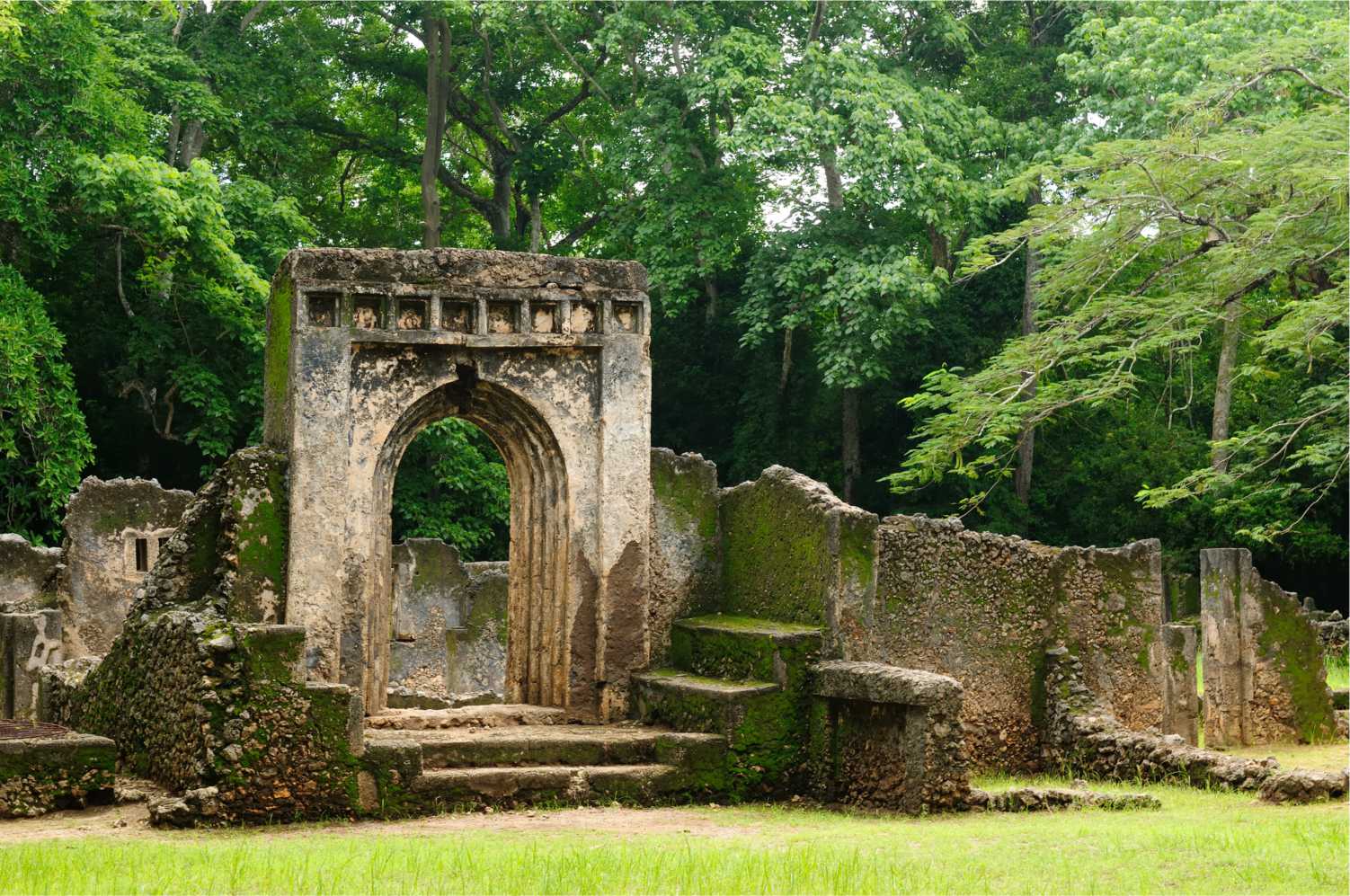Blog Details
Culture
7 Cool Things About Swahili
-
29/08/2024 15:11:32
Swahili is a Bantu language and is part of the Niger-Congo language group. The Niger-Congo languages are spoken in Central and Southern Africa and include Xhosa and Zulu.
1. ‘Swahili’ means ‘coastal’ in Arabic
Swahili is a Bantu language and is part of the Niger-Congo language group. The Niger-Congo languages are spoken in Central and Southern Africa and include Xhosa and Zulu.
The word ‘Swahili’ means ‘coastal’ in Arabic. It is thought to have been named by the early Arabic visitors to the coast of East Africa. The language is also known as Kiswahili – from the plural ‘sawahili‘ of ‘sahil / sahel’ (Arabic for coast / boundaries). Kiswahili means ‘coastal language’ or ‘language of the Swahili people’.
2. Swahili originated on the eastern coast of Africa
It is not known exactly when the Swahili language appeared but it was spoken on the eastern coast of Africa well before 1000 CE. Swahili spread to various islands surrounding the coast as the fishermen’s language, before expanding across the whole continent.
3. Swahili is 14th most spoken language in the world
The number of Swahili speakers is estimated to be between 60 and 100 million worldwide. Originally a language of the coastal areas of Tanzania and Kenya as well as the various islands near the coast, Swahili is now also spoken in Uganda, Rwanda, Burundi, The Comoros, Mozambique, Malawi, and the Democratic Republic of the Congo, as well as in the Swahili-speaking diaspora globally.
However, there are significantly fewer speakers for whom Swahili is a first language, with estimates of between 2 and 10 million. People who speak Swahili as their mother tongue are referred to as Waswahili.
4. Swahili has a large proportion of borrowed words
Trade contact beginning from at least the 2nd century AD has brought many foreign words into Swahili from English, Persian, Portuguese, German, French, and especially Arabic. Classical Swahili poetry has as much as 50% of Arabic loanwords, while modern spoken Swahili has around 20% of words borrowed from the Arabic language.
5. Swahili has no lexical tone and is easy to learn
Swahili is considered an easy to learn language as it is one of the few Sub-Saharan African languages that don’t use lexical tone. The many loanwords from other languages also make Swahili easier to learn for speakers of those languages.
6. Swahili has 15 main dialects and several pidgin forms
Swahili dialects can be very different from each other and in some cases mutually unintelligible.
KiUnguja (the Zanzibar dialect) served as a basis for the standardised Swahili that was established after WWI. KiMvita is mostly spoken in Mombasa and other areas of Kenya while the KiAmu is spoken on the island of Lamu as well as parts of the coast near it.
Sheng is sometimes considered a dialect of Swahili, too, and is based on Swahili syntax mixed with the phonology, lexicon, and morphology of several Kenyan languages spoken in Nairobi City, as well as many words borrowed from the English language.
7. Simba, Shenzi and other Lion King characters have Swahili names
The names of the characters in The Lion King were chosen based on their meaning in Swahili. Simba means “lion”, Nala – “gift”, Rafiki – “friend”, Pumbaa – “foolish”, and Sarabi – “mirage”.





